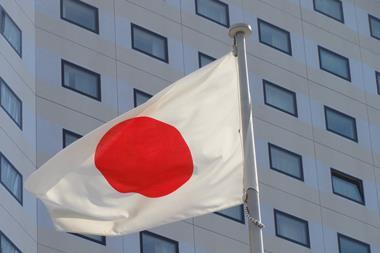Imports have risen against exports for the third year in a row creating the country’s biggest deficit since Fukushima

The world’s third largest economy is said to be extremely vulnerable following a decline in exports and a strong Yen.
Japan’s energy imports have also risen following closures of most of its nuclear plants.
While the deficit for August was lower than the $10.2bn forecast by analysts, recent trade disruption caused by tension with China, Japan’s biggest export market, indicate that the trade gap is likely to remain in the near future.
Japan’s overall exports to Asia sank 6.7% to $36.2bn, while weaker European trade showed no signs of gaining momentum.
The Bank of Japan said that exports and industrial production will remain relatively weak while the Central Bank announced it will boost the size and duration of a government bond-buying program to promote growth.
The Central bank admitted that Japan’s economic revival strategy stalled, but forecasts a moderate recovery in the long term.




















No comments yet